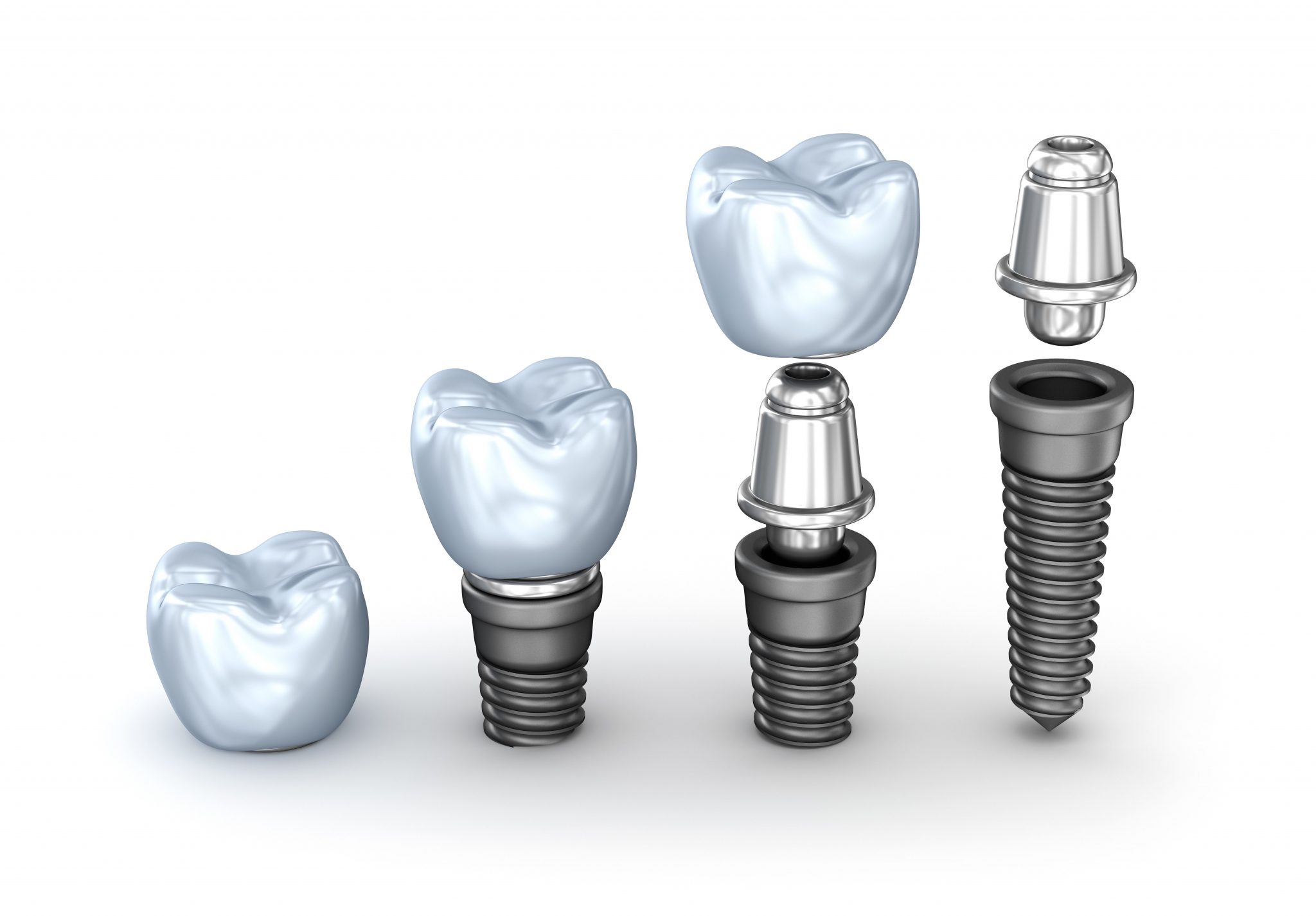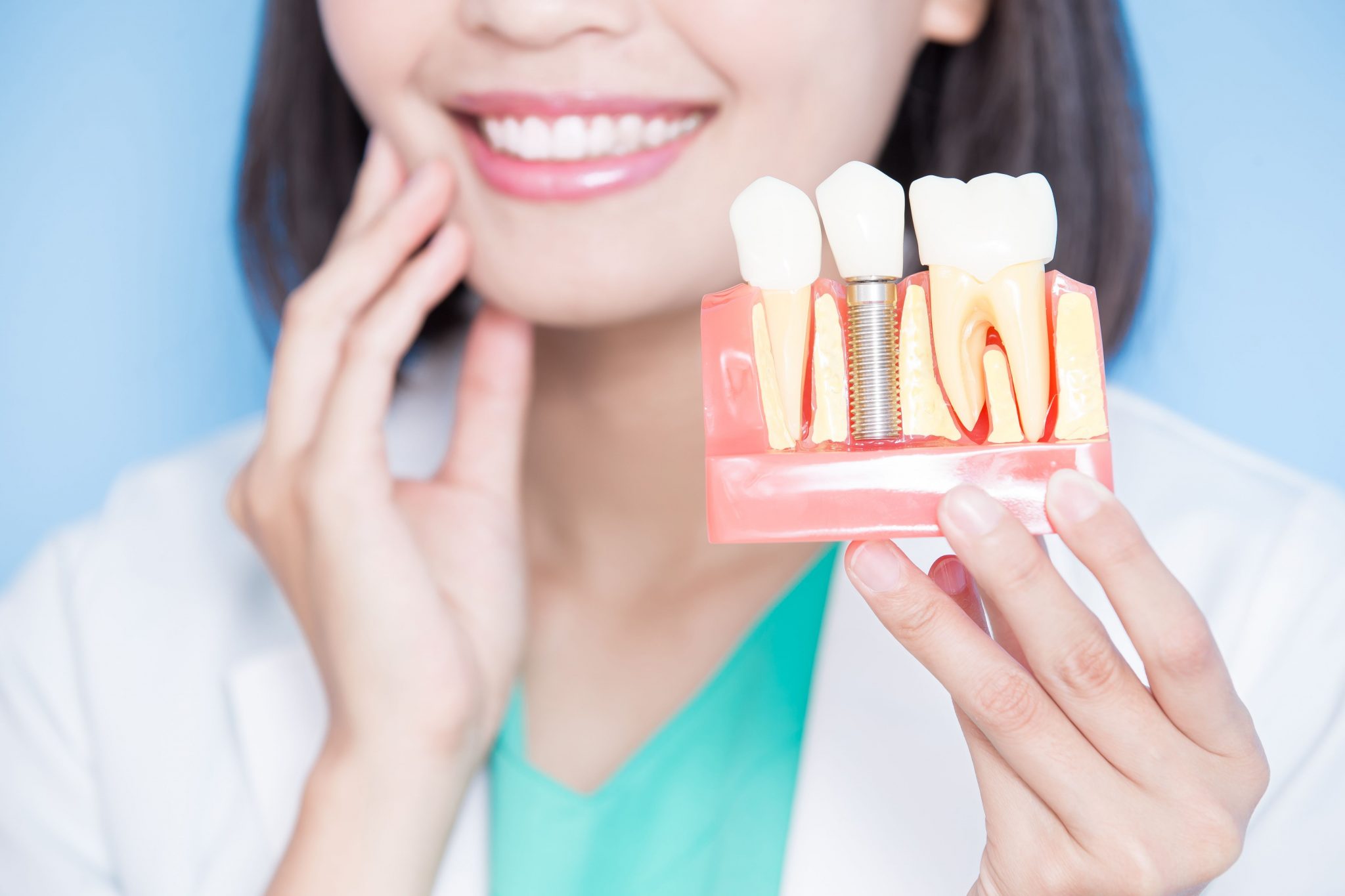Mouthwash is used to help rinse away bacteria or food particles after you brush and floss each day. Using mouthwash is an additional way to help protect your teeth and gums. Knowing the differences between mouthwashes can help you choose the right one to incorporate into your oral hygiene routine.
What Are The Different Types of Mouthwashes Available?
Mouthwash With Fluoride
Fluoride mouthwash contain sodium fluoride, and this helps to protect your teeth from decay and cavities. Fluoride is also found in toothpaste and is added to our tap water. Only using the required amount each day is important because too much fluoride can be harmful to your health. Reading the labels can help to ensure you are only using the appropriate amount that is recommended daily.
Antiseptic Mouthwash
Antiseptic mouthwash is the most common mouthwash used by most patients. This type of mouthwash contains alcohol and can help to stop bacteria in its tracks. Using an antiseptic mouthwash can help fight bad breath, and prevent infections. Patients must be careful using this type of mouthwash. Overuse can lead to stains or discoloration on your teeth. Following the recommended daily guidelines is important to keep your teeth and mouth healthy.
Cosmetic Mouthwash
This type of mouthwash is used to only freshen your breath. Cosmetic mouthwash does not do anything to help with your oral health. Using this type of mouthwash can help rinse food particles away, and is a temporary solution for bad breath.
Natural Mouthwash
Natural mouthwash is a common type of mouthwash that helps keep bacteria away and freshens your breath, but contains only natural ingredients. Natural mouthwash brands do not contain alcohol, and the ingredients are safer compared to other types of mouthwashes available.
During your routine cleaning it is important to discuss what products you are using at home including your mouthwash. Our team is available to access your dental health, and recommend the best mouthwash for you to use at home.
Interested in Finding Out More?
During your routine cleaning it is important to discuss what products you are using at home including your mouthwash. Our team is available to access your dental health, and recommend the best mouthwash for you to use at home.
If you are interested in finding out more about what mouthwash may be best for you, or to schedule your next exam, contact our office and our friendly staff will be happy to assist you.












